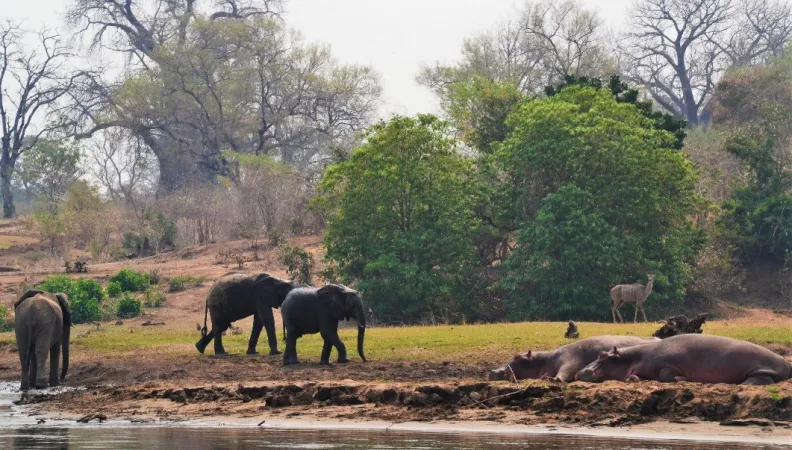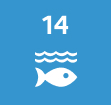Share the page
Sustainable Fishing in the Lower Zambezi Transboundary Conservation Area (Pro Nature)
Project


-
Project start date
-
Status
In progress
-
Estimated date of project termination
-
-
Project financing date
-
-
Financing duration
-
5 years
-
Type of program
-
FFEM
-
Global financing amount
-
9 500 000 €
-
FFEM financing amount
-
2 600 000 €
-
Project lead member institution(s)
-
AFD
-
Country and region
-
South Africa, Zambia
-
Type of financing
-
Beneficiaries
-
CI
-
Type of beneficiary
-
International organisation


The Pro Nature project aims to reconcile biodiversity conservation with socio-economic benefits for local communities through conservation agreements, particularly for sustainable fishing, in the Lower Zambezi region.
Context
In Southern Africa, natural ecosystems provide essential services to local populations—such as water resources, soil fertility, and food security. Protected areas and wildlife-rich regions that attract tourists also serve as important sources of economic activity and employment.
Since 2020, Conservation International has been promoting an approach based on conservation agreements in the region. These agreements involve a range of stakeholders—donors, businesses, and government entities depending on the context—partnering with communities through contracts designed to incentivize conservation and the sustainable management of natural resources. This approach supports the development of environmentally responsible community enterprises, referred to as “pro-nature” businesses.
The FFEM specifically supports the development of a transboundary co-management system for sustainable fishing in the Lower Zambezi Conservation Area, located between Zambia and Zimbabwe.
Description
The sustainable fishing activities funded by the FFEM include:
- Promotion of the transboundary fisheries co-management plan
- Support for community scouts in the implementation of the plan
- Establishment of conservation agreements and incentive mechanisms
- Strengthening of transparency and cooperation
- Reinforcement of community structures
- Support to local businesses
- Knowledge sharing and capacity building
- Regular monitoring and adaptive management
Outcomes
- Restore and protect fish species diversity in the Lower Zambezi and maintain their abundance
- Establish a fisheries co-management model based on incentives for communities and tourism operators
- Support the diversification of livelihood activities for local communities currently dependent on fishing
- Create employment opportunities in the tourism and nature conservation sectors
- Enhance climate resilience capacities for at least 15,000 people
Innovative and exemplary features
The conservation-agreement approach is innovative in that it aims to generate synergy between socio-economic development and the protection of conserved areas. By doing so, the project answers many international recommendations that encourage systemic, territory-wide initiatives. Monitoring and reporting tools will likewise need to break new ground, incorporating additional criteria to measure precisely whether the win-win balance between local well-being and biodiversity is truly achieved.
The exemplary nature of this approach has already been demonstrated in Ecuador, Cambodia, Peru, China and Venezuela; however, tailoring it to different contexts—especially for freshwater fisheries in a transboundary river basin—remains a challenge.
Sustainable Development Goals
ODD14 Life below water

ODD15 Life on land



